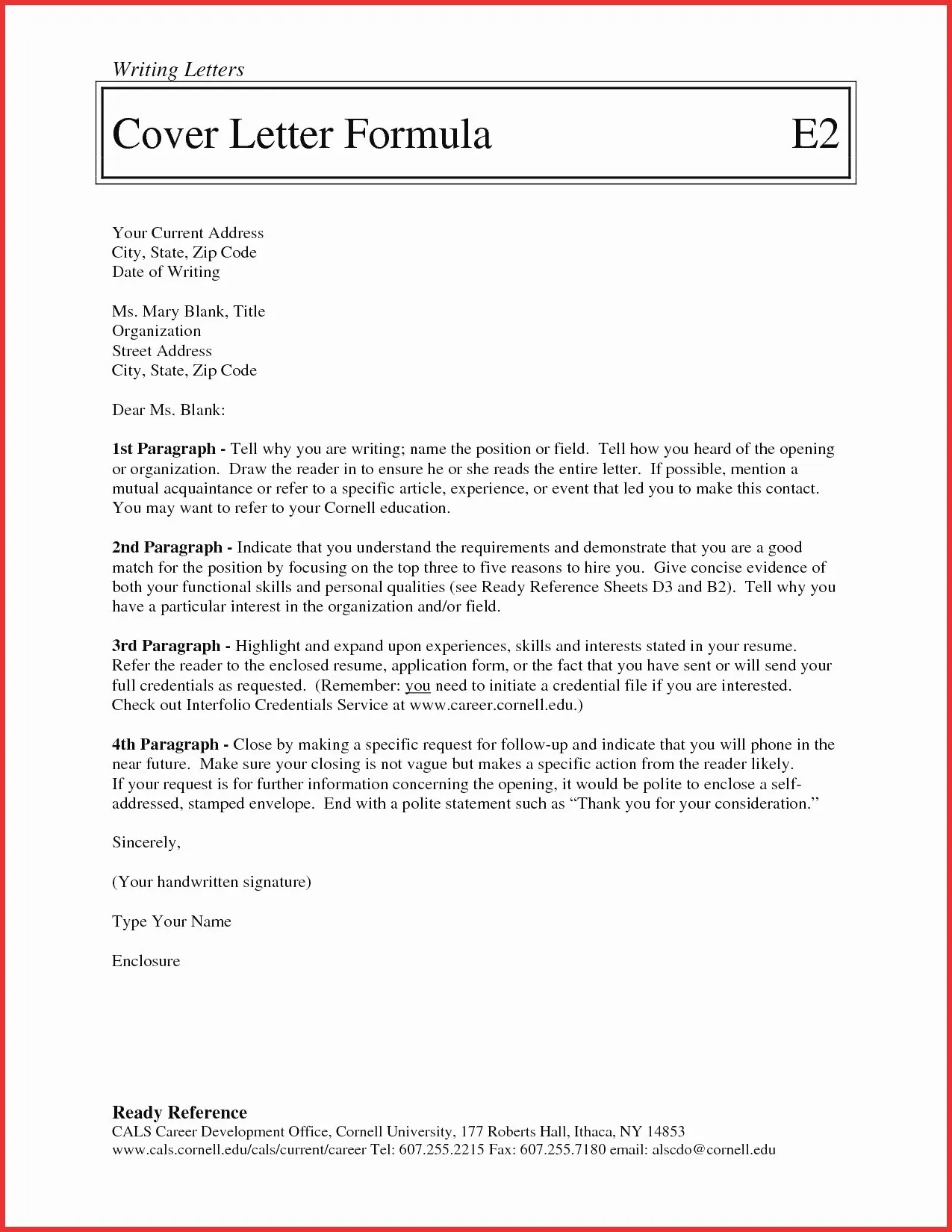Cover Letter Opening Line: Why It Matters
Your cover letter is your first impression. It’s your chance to immediately grab the attention of a hiring manager and convince them to read on. And the opening line? It’s the most crucial piece of that first impression. Think of it as the handshake. A weak handshake can leave a negative mark, while a firm, confident one sets a positive tone. A well-crafted cover letter opening line can make the difference between your application being read and being relegated to the ’no’ pile. The opening is where you set the stage. You’re establishing your tone, demonstrating your understanding of the role and company, and piquing the reader’s interest enough to make them want to learn more. This opening line is a carefully crafted statement that sets the tone and direction of your application.
Grabbing Attention from the Start
The key to a successful cover letter opening is to be compelling from the first word. You want to avoid generic phrases that recruiters see a hundred times a day. Instead, aim for an opening that’s unique, memorable, and demonstrates your genuine interest in the specific role and company. This doesn’t mean you have to be overly creative, but you need to be mindful of the impact of your words. Make every word count. Think of it as an elevator pitch, but written. The opening must hook the reader. A strong opening sets the tone for the entire document. It should be clear, concise, and demonstrate your understanding of the job requirements and the company’s needs. The goal is to make the reader want to keep reading and find out more about you.
The Impact of the Opening Line
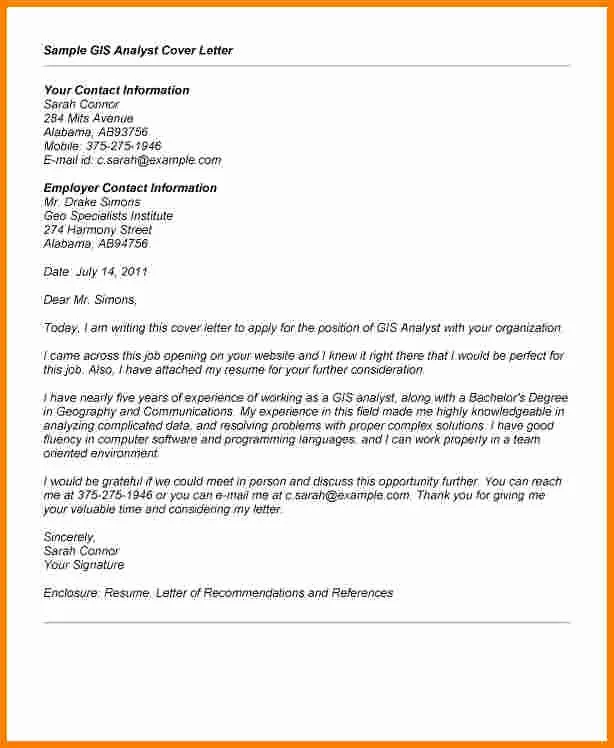
The opening line sets the tone for the rest of your cover letter. A strong opening conveys professionalism, enthusiasm, and a clear understanding of the job and the company. It can also hint at your personality, allowing your unique voice to shine through. A poorly written or generic opening, on the other hand, can immediately turn off a hiring manager and lead to your application being discarded. The opening line can also reveal your understanding of the company and the role. By mentioning something specific about the company or the job, you show that you’ve done your research and are genuinely interested in the opportunity. This research is crucial. Taking the time to tailor your opening to the specific role demonstrates your attention to detail and commitment. This increases the chances that the reader will continue reading your letter and consider your application.
Cover Letter Best Practices
Researching the Company and Role
Before you even begin writing your cover letter, thorough research is essential. Understanding the company’s mission, values, and recent achievements will allow you to tailor your opening line to demonstrate your specific interest. Visit the company’s website, read industry news, and explore their social media profiles. For the role, carefully review the job description, noting the key requirements and responsibilities. Identify the skills and experiences the company is seeking. This detailed knowledge will allow you to construct an opening line that directly addresses the specific needs of the company. This will make your application stand out and increase the chances of being noticed. Also, review the company’s recent news, any new products, any new services, and the company’s overall mission.
Tailoring Your Cover Letter to the Specific Job
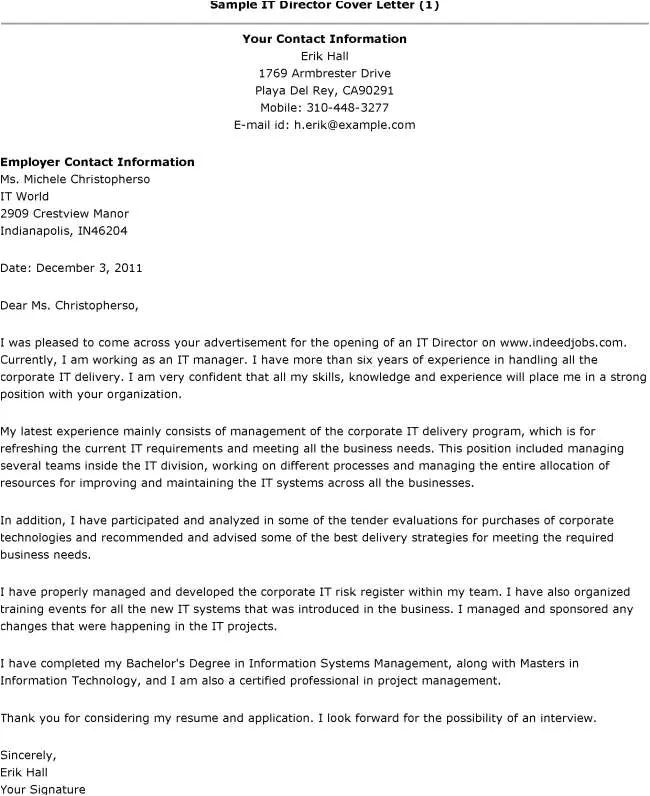
Generic cover letters are a major turn-off for hiring managers. Every cover letter should be tailored to the specific job you are applying for. The opening line is the perfect place to start. If the job description highlights a particular skill, mention how you have developed that skill, or your experience with it, in the opening. If the company emphasizes a specific value, show how your values align with the company’s. Using keywords from the job description can also help your application get through Applicant Tracking Systems (ATS). This tailored approach demonstrates your dedication and genuine interest, greatly increasing your chances of success. Remember that a generic cover letter shows that you are not truly interested in the position or the company.
Cover Letter Opening Line Styles
The Enthusiastic Approach
Expressing genuine enthusiasm for the role and the company can be highly effective. For example, you could start with a sentence that reflects excitement about the opportunity and briefly explains why. Keep it professional, but let your passion for the role shine through. Avoid sounding overly eager or desperate. Your enthusiasm should be focused and specific. Referencing a specific project, achievement, or aspect of the company that particularly excites you is a great way to grab attention and show that you have done your homework. This strategy can be incredibly effective in conveying your genuine interest, making you memorable to the hiring manager. Enthusiasm is often contagious. When a hiring manager senses your excitement, they are more likely to read your application carefully.
Highlighting a Shared Connection
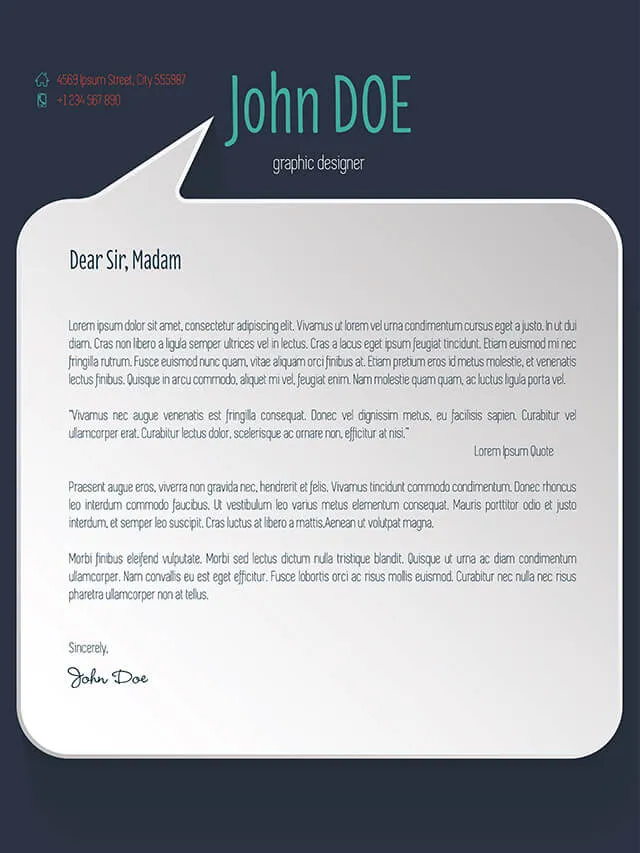
If you have a connection to the company or someone who works there, consider mentioning it in your opening line. This could be a referral from an employee or a shared interest in the company’s mission. For example, ‘I was excited to learn about the opening from [Name of Referral], who shared with me…’ This approach immediately establishes a sense of trust and familiarity. Make sure to obtain permission from the person you are referencing. This approach can show you’ve built a relationship with the company and taken the initiative to build a network. A connection can significantly increase the chances of your application being noticed. If you have an acquaintance, or any other person familiar with the company, you can mention the connection right away.
Showcasing Your Unique Value Proposition
The opening line is an excellent place to quickly state your value proposition. Summarize your key skills and experiences in a concise and compelling way. This could be done by showcasing a particular achievement or skill that aligns with the job requirements. This approach immediately grabs the hiring manager’s attention and highlights your suitability for the role. Remember that your opening line is a sales pitch. It should communicate what makes you unique and why the company should hire you. Tailor your value proposition to match the requirements of the specific job you are applying for. Consider the most important qualifications that you can show off. Your value proposition should make the hiring manager want to learn more about you.
Cover Letter Opening Lines to Avoid
Generic and Clichéd Openings
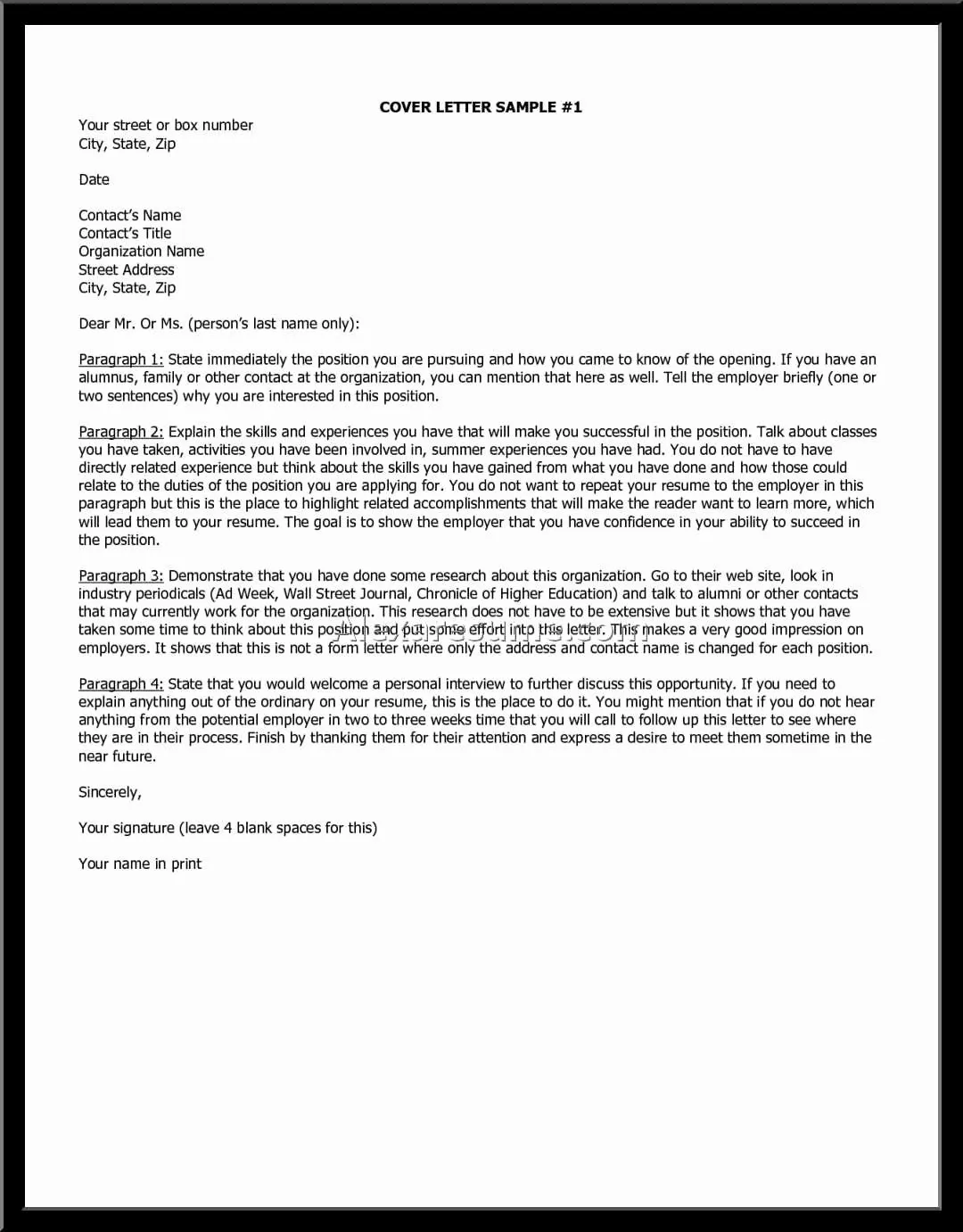
Avoid using generic, overused phrases that many other applicants will use. These phrases make it seem like you haven’t put much thought into your application. Examples of clichéd openings include statements such as ‘I am writing to express my interest’ or ‘I am a highly motivated individual’. These openings do not make you stand out. They are often seen as uninspired and can quickly lead to your application being overlooked. Recruiters see these phrases every day. Instead, strive for originality. Be specific. Show that you have tailored your cover letter to the specific role and company. Research and tailor your opening to the particular company. Be unique!
Being Too Casual or Informal
While showing personality is important, maintain a professional tone. Avoid using overly casual language, slang, or humor in your opening line. The cover letter is a formal document, and it should be treated accordingly. This doesn’t mean you can’t inject some of your personality, but it needs to be in line with the professional setting. Maintain a professional tone throughout. Consider the company culture and adapt your writing style accordingly. Excessive informality can undermine your credibility and make a negative impression. The opening should communicate your respect for the opportunity and the company. Ensure that the tone is formal.
Focusing Solely on Yourself
While your cover letter should highlight your skills and experiences, avoid making the opening solely about yourself. This can come across as self-absorbed and uninterested in the company’s needs. Instead, focus on how your skills and experience align with the role and how you can contribute to the company’s success. Show that you understand the company’s needs and can meet them. A great opening line balances your accomplishments with the company’s goals. A good opening shows how you can contribute to the company. Focusing on the company shows you have genuine interest in the position.
Writing a Strong Cover Letter Body
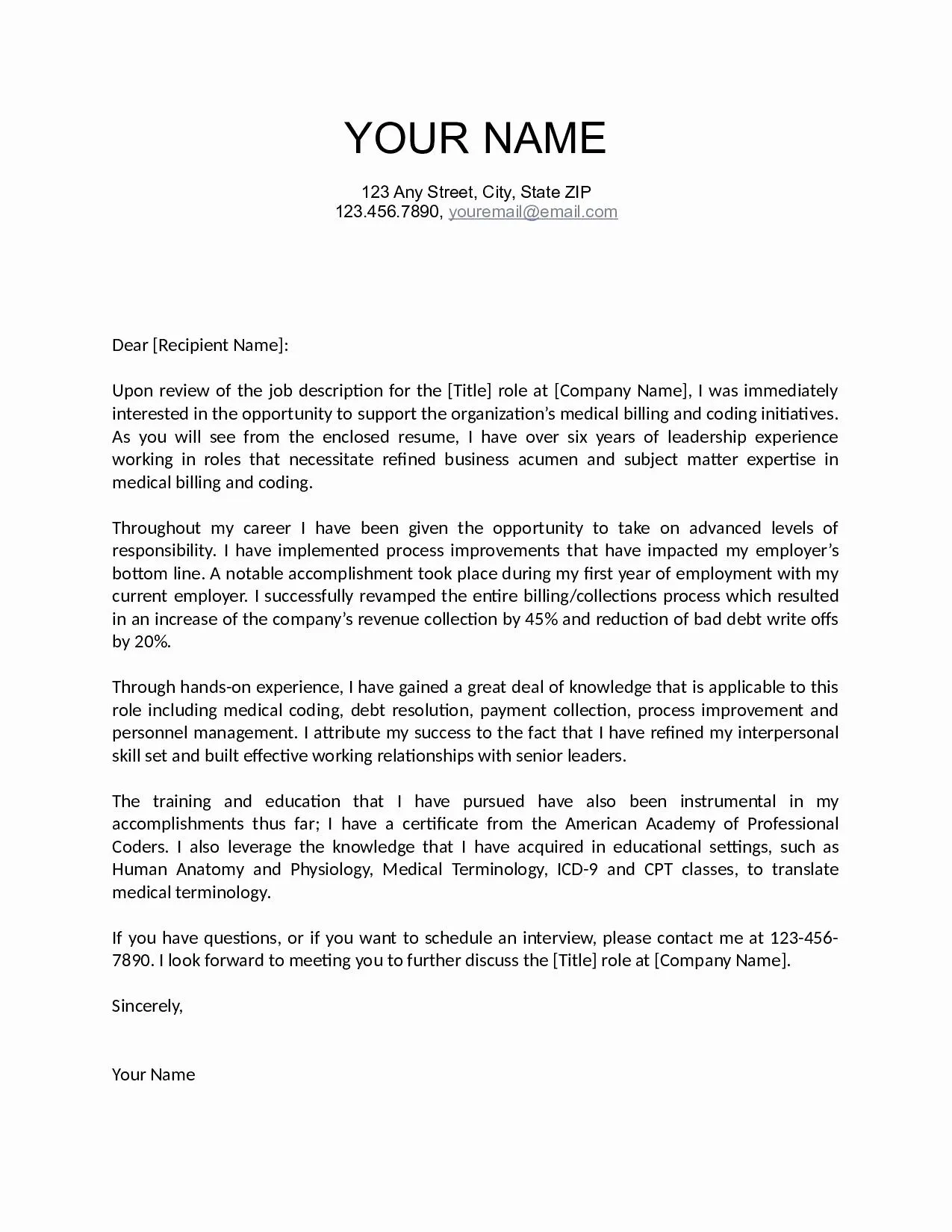
Showcasing Relevant Skills and Experience
In the body of your cover letter, provide specific examples of your skills and experiences. Back up your claims with evidence. Instead of simply stating that you are a good communicator, describe a project where you successfully used your communication skills to achieve a positive outcome. Quantify your achievements whenever possible, using data and metrics to showcase your impact. Focus on the skills and experiences that are most relevant to the job. Include specific examples from your resume, as well as projects you’ve undertaken outside of the workplace. Make sure to write your cover letter with specific details in mind. Show the reader what you can do.
Quantifying Achievements with Data
Whenever possible, use data to quantify your accomplishments. Instead of saying you increased sales, say you increased sales by 15% in six months. Quantifying your achievements makes them more credible and impactful. Use data, numbers, and percentages to show the specific results of your work. Make sure to be accurate and honest. Don’t exaggerate your accomplishments. Provide concrete evidence of your skills and your value. Adding data will provide more proof to your claims. Provide specific, easy to read information in your body paragraphs.
Highlighting Your Accomplishments
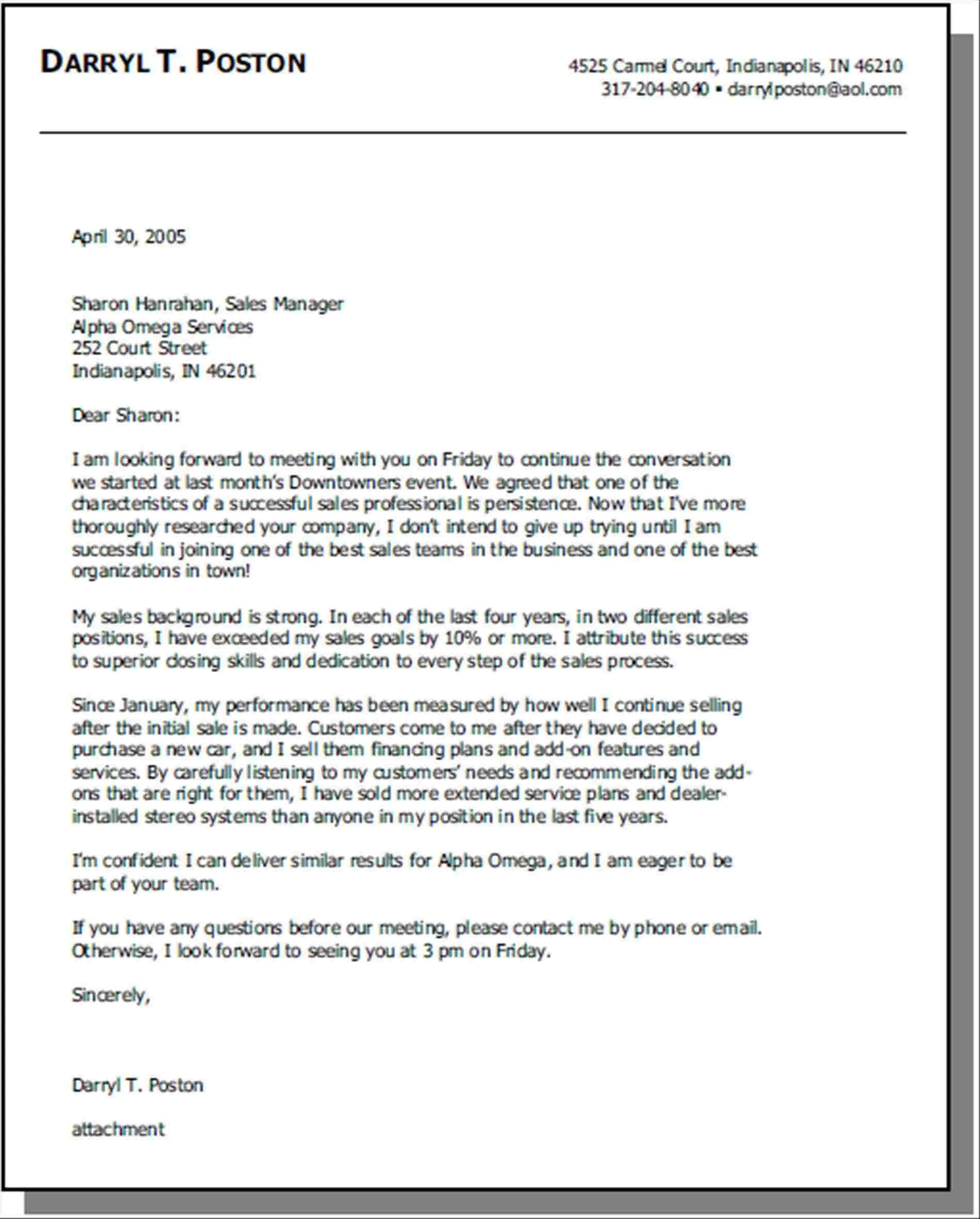
Use the body of your cover letter to showcase your key accomplishments. Provide concrete examples that demonstrate your achievements. Focus on the projects and experiences that highlight your skills and experience. Write the cover letter in the order that will bring the most benefit to the reader. Describe what you did, what results you achieved, and what you learned. Ensure that your accomplishments are relevant to the job description and demonstrate how you can add value to the company. Your accomplishments are your selling points. When you are trying to gain employment, you should highlight any and all of your accomplishments.
Closing Your Cover Letter Effectively
Expressing Enthusiasm and Confidence
In your closing, reiterate your enthusiasm for the role and express your confidence in your ability to contribute to the company’s success. Thank the hiring manager for their time and consideration. Express your eagerness to discuss your qualifications further in an interview. Show that you are looking forward to the next stage of the hiring process. Maintain a positive and enthusiastic tone. Your closing is your last chance to make an impression. End with a positive and forward-looking statement. Demonstrate that you’re enthusiastic about the role. Your closing is as important as your opening.
Including a Call to Action
Include a clear call to action, such as a request for an interview. Make it easy for the hiring manager to take the next step. Provide your contact information, including your email address and phone number. Ensure that your contact information is easy to find. Make it easy for the hiring manager to reach you. Always make it easy for the hiring manager to move forward with your application. A call to action gives the hiring manager clear instructions on what to do next.
Reviewing and Proofreading Your Cover Letter
Proofread your cover letter carefully before submitting it. Errors in grammar, spelling, and punctuation can make you look careless and unprofessional. Read your cover letter aloud, have a friend or colleague proofread it, and use grammar and spell-checking tools. Make sure your cover letter is free of errors. Double-check all the details, including the company name, the job title, and the contact information. A cover letter with mistakes can be a quick path to the rejection pile. Always review and proofread your letter.
